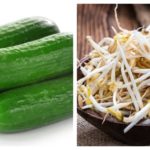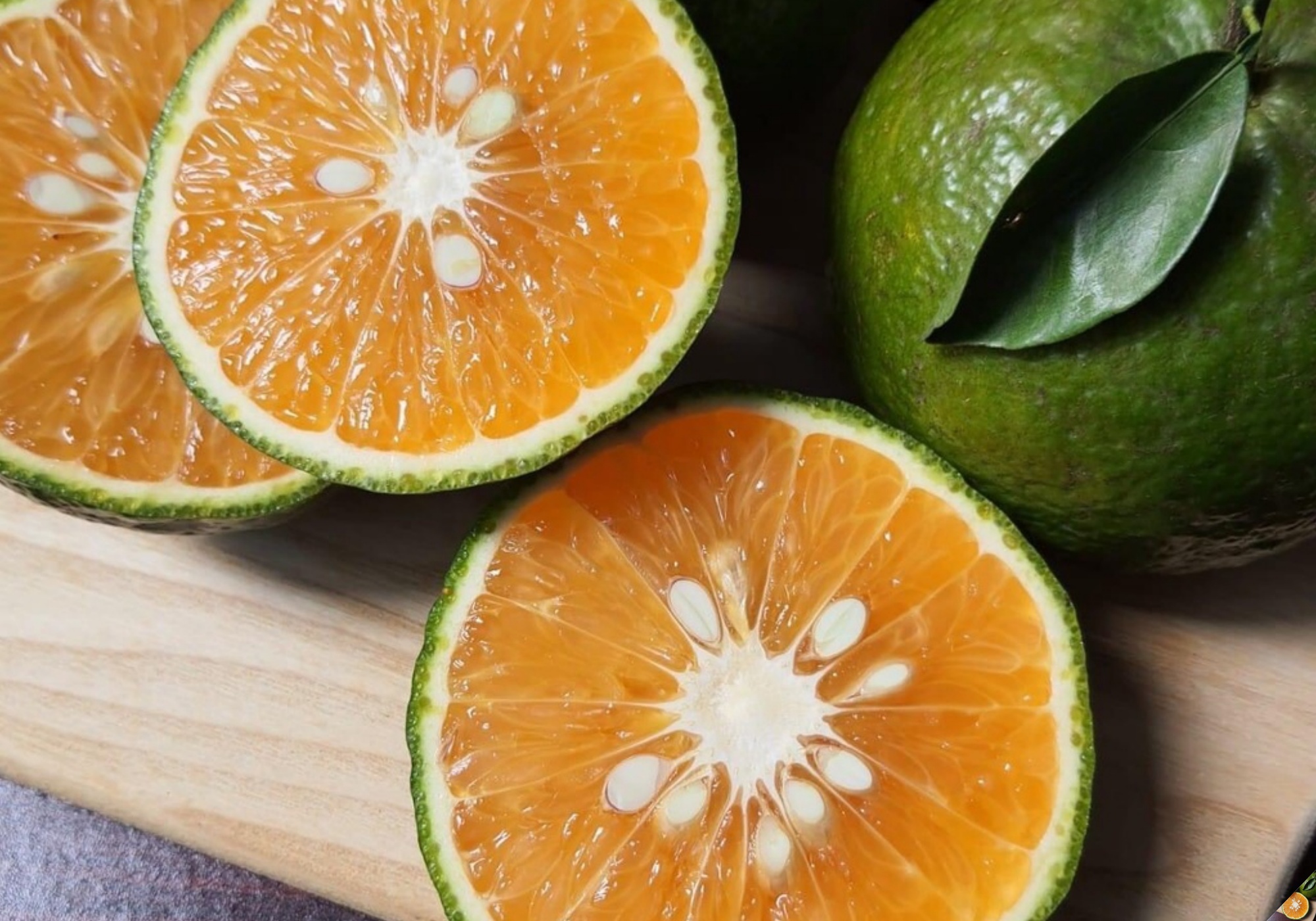
While domestic oranges are more expensive, oranges from China are much cheaper, ranging from 20,000 to 30,000 VND per kg. Despite the similar appearance and packaging, there is a noticeable difference in taste.
Moreover, Chinese oranges pose greater health risks compared to domestic produce. Many consumers buy and eat them daily without realizing the potential harm to their health.
So, is there a way to distinguish between Vietnamese and Chinese oranges? A seasoned orange vendor shares three easy tips to help you identify the quality of these fruits.
How to Differentiate Chinese and Vietnamese Oranges
1. Appearance
You can tell the quality of an orange by its outer appearance:
| Characteristic | Vietnamese Oranges | Chinese Oranges |
| Peel | – Rough and thick- Prone to blemishes and unsightly marks | – Smooth, shiny, and taut |
| Size | – Larger fruits- Inconsistent sizes across the batch | – Smaller fruits – Uniformly sized |
| Leaves | – Deep green, sometimes yellowish- Fresh and firmly attached stems | – Light green and shiny- Wilted and easily detachable stems |
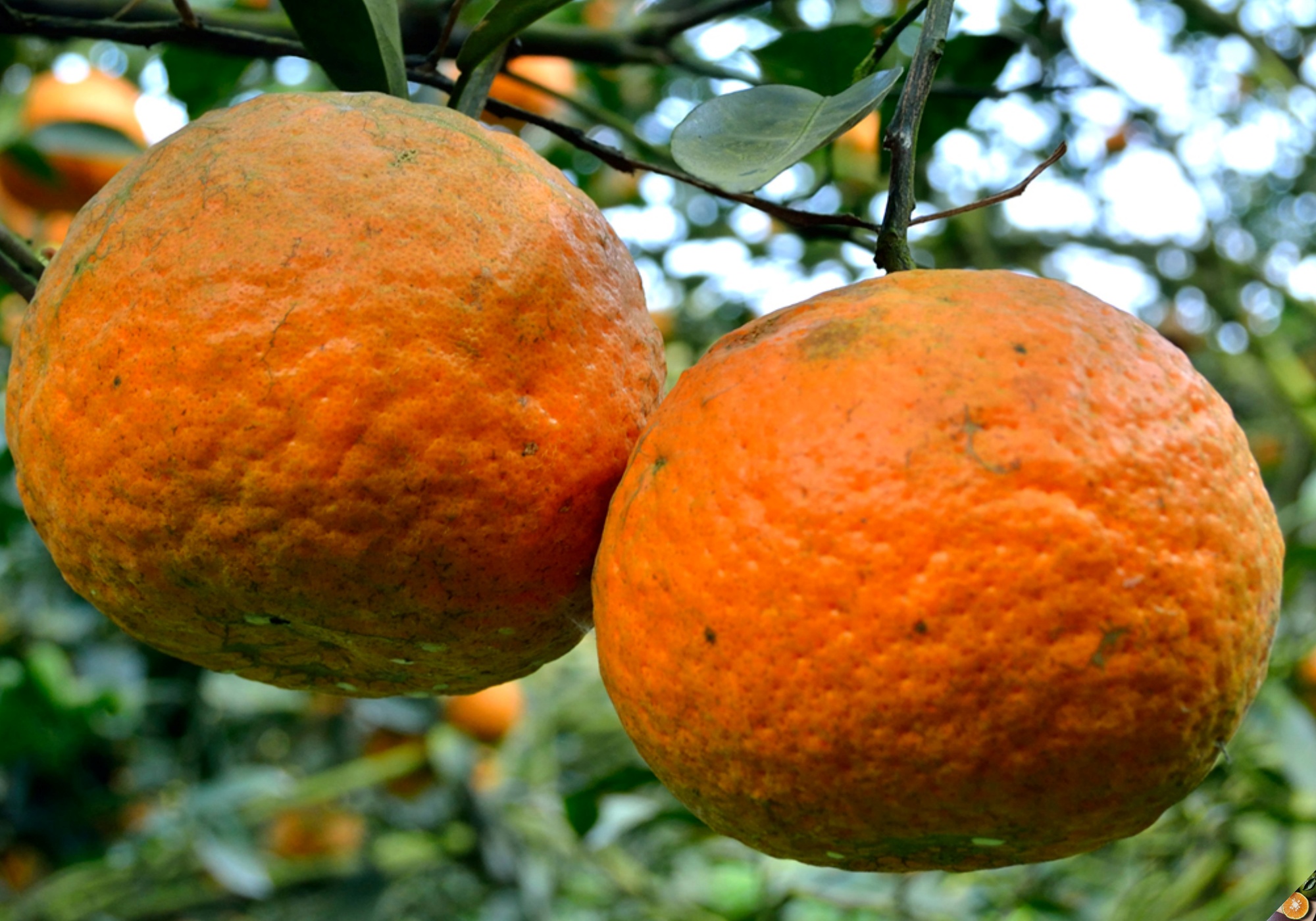
2. Taste and Aroma
– Vietnamese Oranges
Oranges grown in Vietnam have deep yellow segments. When cut open, you’ll detect the scent of essential oils and fresh juice.
The taste is mildly sweet and pleasantly tangy. Unripe fruits will have a gentle sour note without being overly tart.
– Chinese Oranges
Oranges imported from China are lemon-yellow and seedless. While they appear juicy, they lack aroma. The taste is sweet with little sourness but lacks depth in flavor.
3. Harvest Season
There are many types of oranges available in the market, and each variety has its own harvest season. During the peak season, oranges are at their sweetest and least likely to be treated with harmful chemicals.
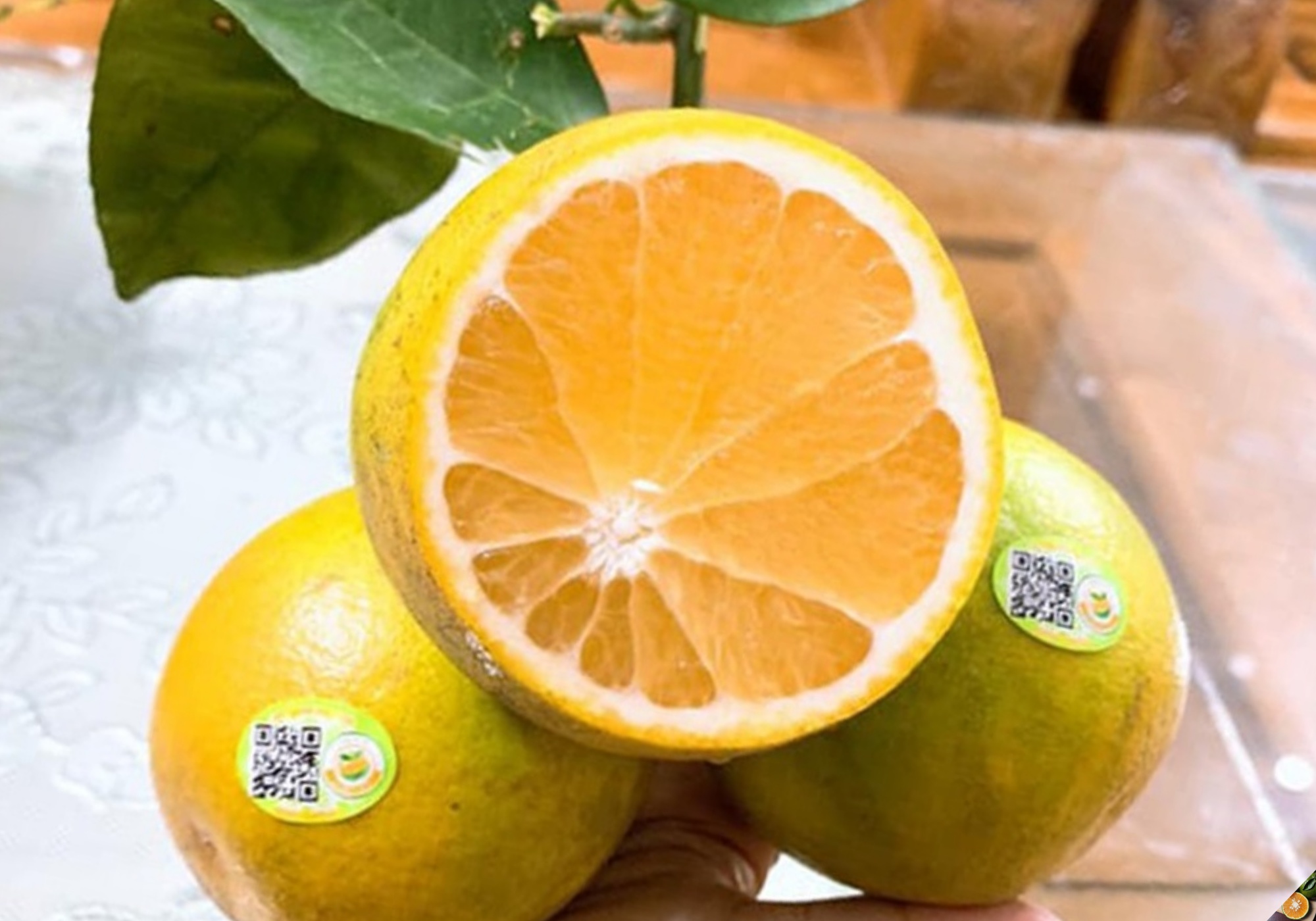
Here’s a breakdown of the harvest seasons for some popular varieties:
– Cam Sành (Hà Giang and Tuyên Quang provinces): December to February of the following year.
– Cam Sài Gòn: Available year-round.
– Chinese Oranges: August to September.
– Cam Canh: November to December (lunar calendar)
– Cam Vinh: Late October to Tet Holiday.
Tips for Choosing Juicy and Delicious Oranges
When buying oranges, keep these tips in mind:
– Select oranges that are round and evenly shaped, avoiding misshapen fruits.
– The peel should not be too smooth or too rough. Oranges with thicker, slightly raised knobs tend to be sweeter.
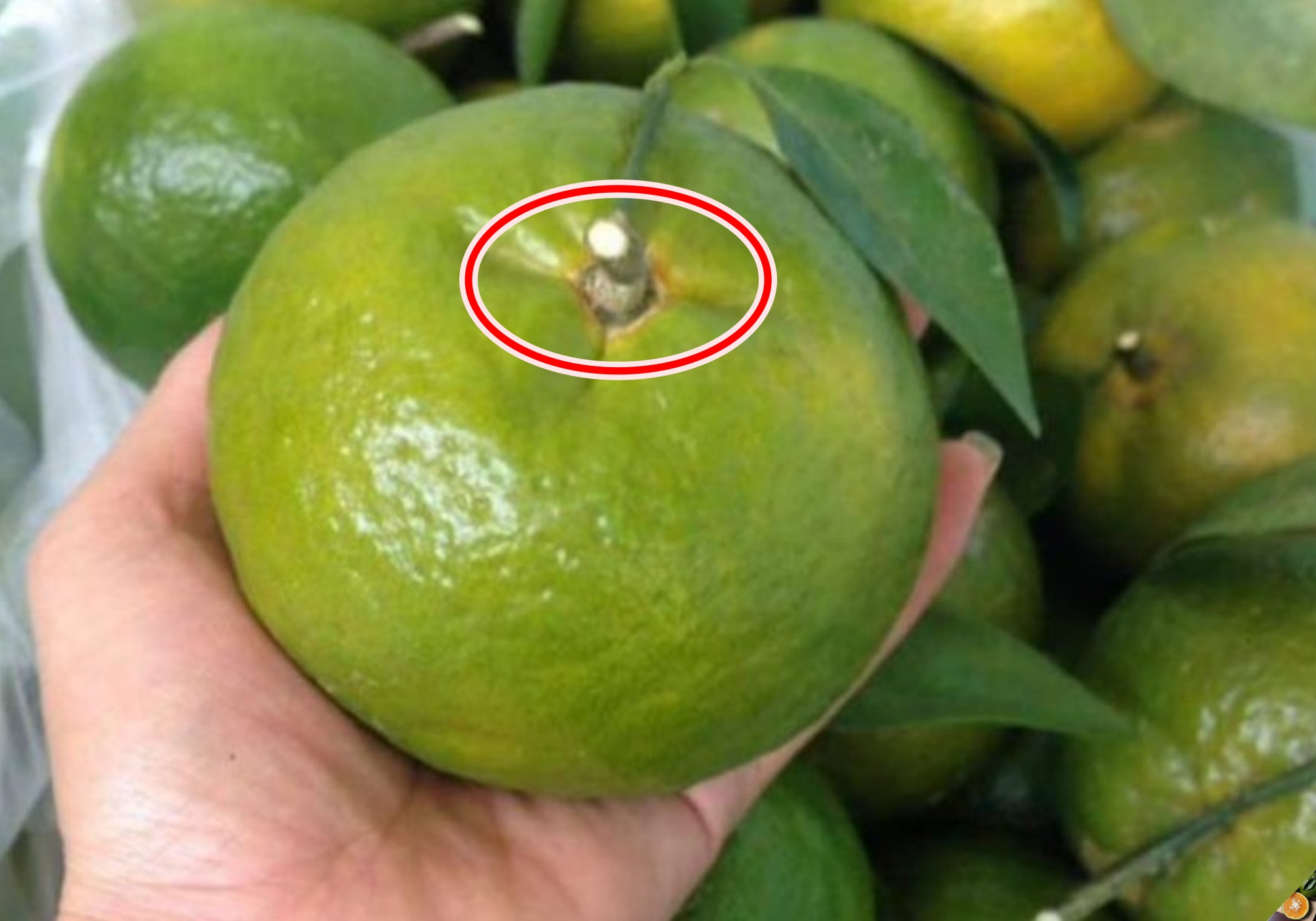
– Look for bright, vibrant colors. For Cam Sài Gòn, the green color should be fresh and lively. Cam Sành should have a golden hue but not uniformly colored. Avoid oranges with overly bright, uniform colors, as they are likely forced-ripened and taste sour.
– Heavier oranges indicate juicier, more hydrated fruits. Larger, lightweight oranges tend to be dry and spongy.
How to Store Oranges to Extend Their Freshness
To keep your oranges fresh for longer, try these simple methods:
Baking Soda
Baking soda, also known as “salt shaker,” can help keep oranges fresh for an extended period.
– Mix a sufficient amount of baking soda with water in a basin.
– Thoroughly wash the oranges and soak them in the solution for about a minute.
– Remove the oranges and dry them thoroughly, especially the peel.
– Place the oranges in a plastic bag, seal it tightly, and store them in the crisper drawer of your refrigerator.
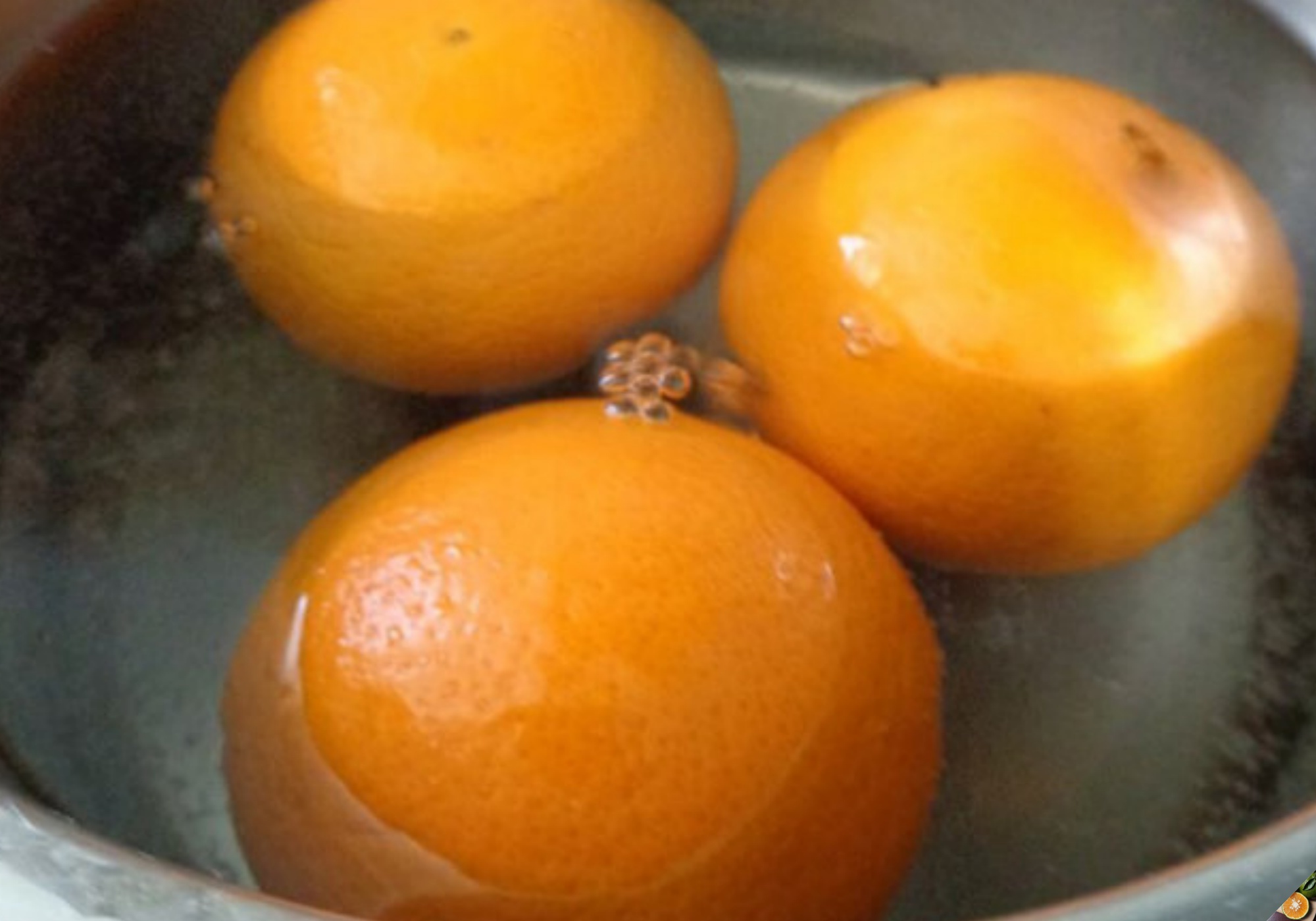
Table Salt
Similar to baking soda, salt can be used to preserve oranges. Here’s how:
– Dissolve salt in clean water.
– Soak the washed oranges in the salt solution for about 2 minutes.
– Remove the oranges and gently pat them dry, being careful not to damage the peel.
– Arrange the oranges in a container or plastic bag, seal it tightly, and store them in the refrigerator’s crisper drawer.
Note: When storing oranges in the refrigerator, avoid placing them with meats, fish, or other foods to prevent bacterial cross-contamination and early spoilage.
With these preservation methods, your oranges should remain fresh for about 2 to 3 weeks.
























